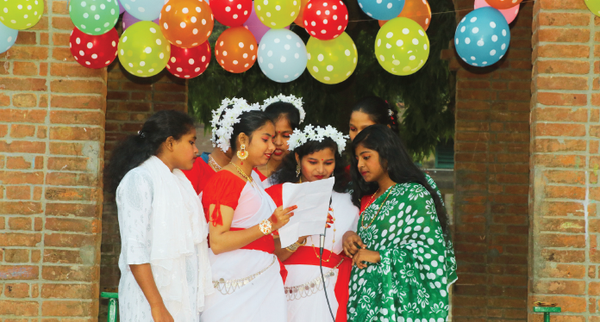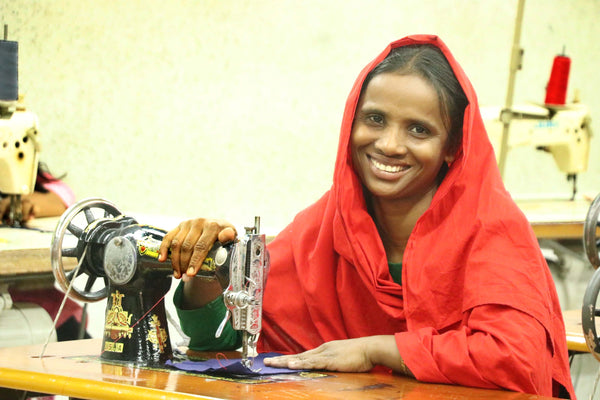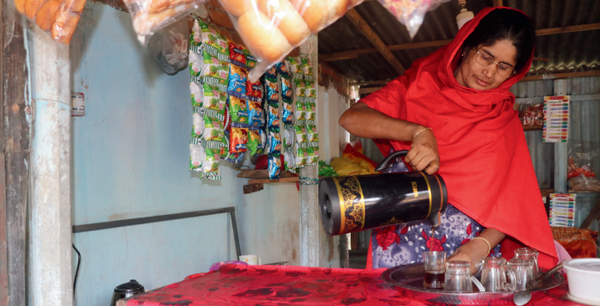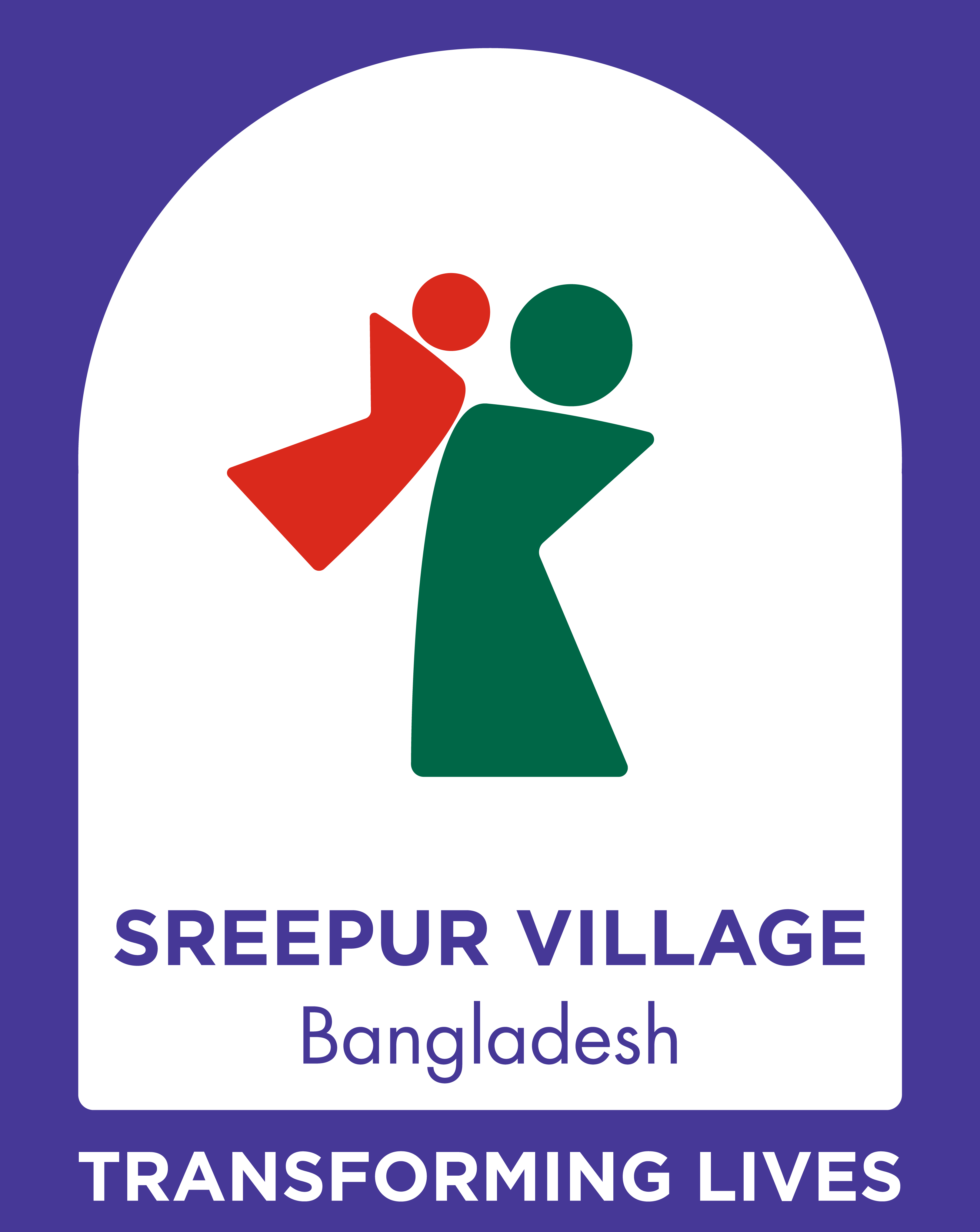The Rohingya Crisis - Day Three
This morning we had a very early breakfast then drove to Shah Pori Diip, which is where the refugees come, by boat, after they have arrived in Bangladesh. Most of them have to barter jewellery for the fare or borrow money to pay to get to the mainland. It is tragic to see families with many young children, and all their belongings in just a few rice sacks. One young girl was so traumatised she couldn't speak or communicate in any way.
The tales they all told were consistent - many men being killed and all the villages burnt. These are mostly illiterate and stressed people and we have no reason to doubt their descriptions of systematic eradication by the Burmese military. The pattern seems to be that this started in the north of Rhakine state and is spreading across the whole state to the south. There were 20,000 new refugees yesterday and today we saw many more boatloads, so the violence has, by no means, not stopped.
After arriving at Shah Pori Diip many refugees walked to the shore where they received a hundred taka and a water bottle from Bangladeshi well-wishers. The UNHCR and World Food programme have a staging area where they arrange lorries to take them to be registered at one of the camps.
One Bangladeshi man was suspected of being a radical trying to influence the new arrivals and was then taken away by the army, who were also running this area smoothly.
Anyway we will let the photos speak for themselves.
We then visited the Uchiprang camp, suggested by a doctor we had met, where there are 30,000 people compared to the 80,000 at Kutapolong. A 2km walk along a very muddy and crowded road led to the main camp. Here, the army were also in charge but there is more input from the Rohinga leaders from the old and new camps. We talked to the doctor and his colleagues in the Medecins Sans Frontieres clinic and they were very helpful - especially considering the number of people waiting to be seen. Basically, they believed a simple triangular cloth with a loop on the lower corner to help tie it up would work for the babies. The women's sanitary towel, however, is more complicated and BRAC (an international development organisation based in Bangladesh) are about to do a survey. Shamima, from The Sreepur Village, spoke to several women and we hope to come up with something that will work whilst they wait the news from BRAC.
Now, we are in Cox's Bazaar then we travel again tomorrow when we hope to gather more stories and pictures for you in the next couple of days.
Leave a comment
Also in News

The Route to Happiness

Bobita's Story of Resilience and Determination
In 2020 after her husband left her for another woman, Bobita was welcomed at Sreepur Village, the only residential organisation in Bangladesh to offer long-term training and development to mothers while ensuring they remain together with their children

Transforming Kulsum's Life.
When life took a difficult turn with her husband falling ill and struggling to support the family, Kulsum faced challenges that seemed insurmountable. Despite seeking help from her family, the situation remained incredibly tough. However, the introduction to Sreepur Village and the assistance provided by the organisation marked a turning point in Kulsum's life.







